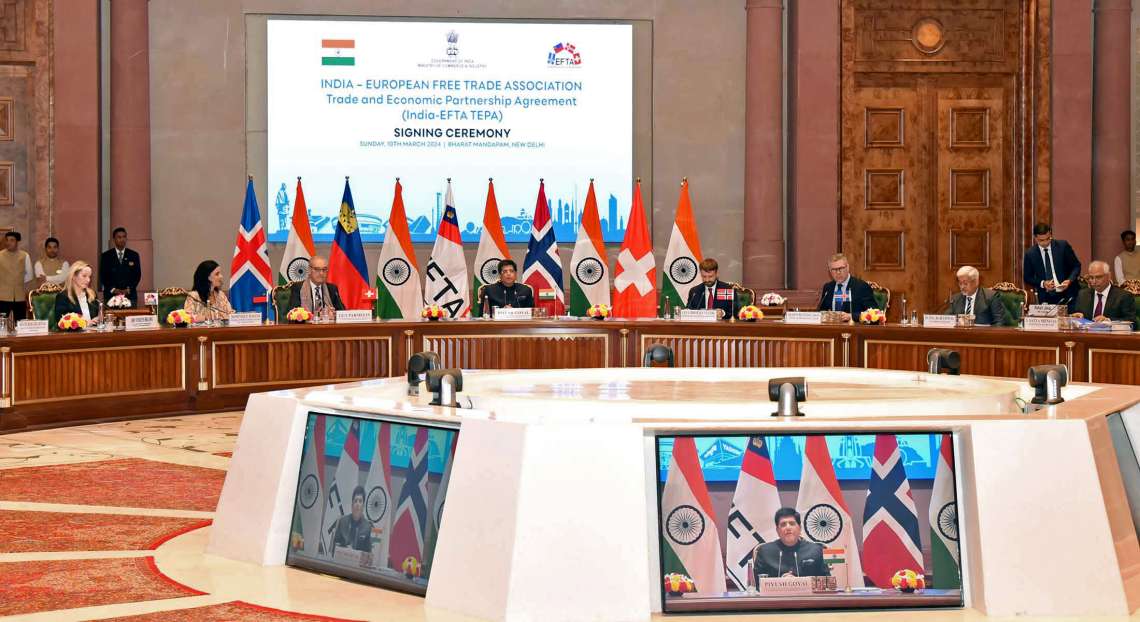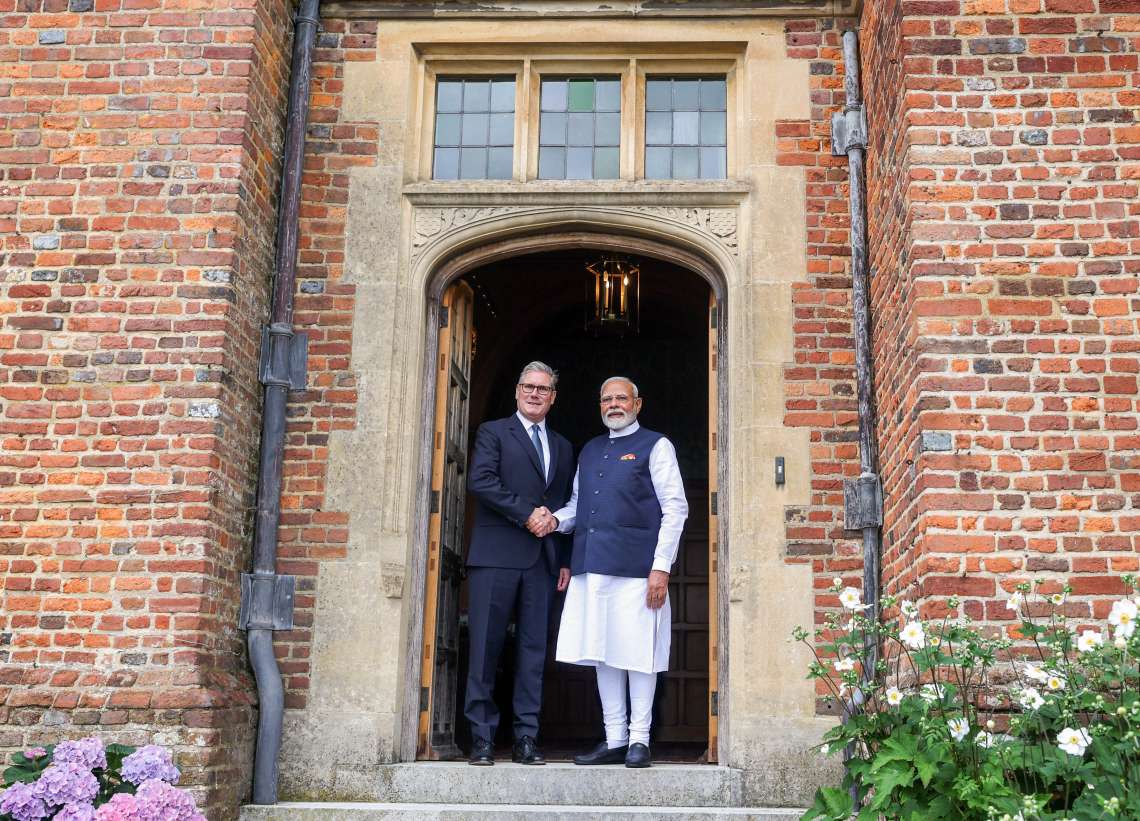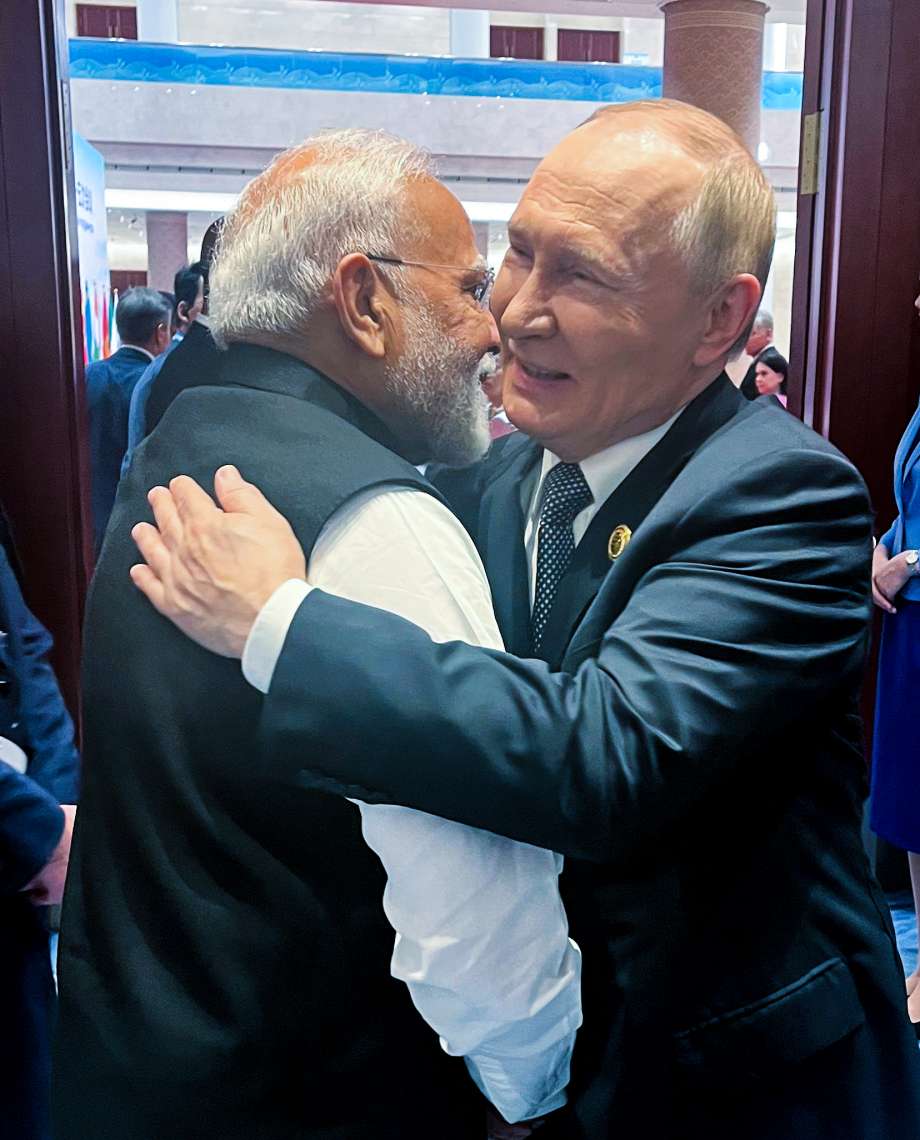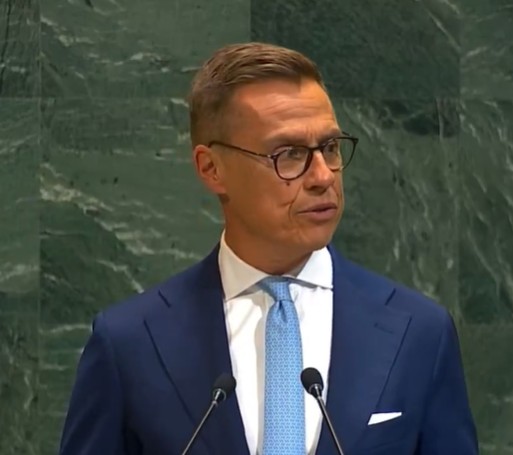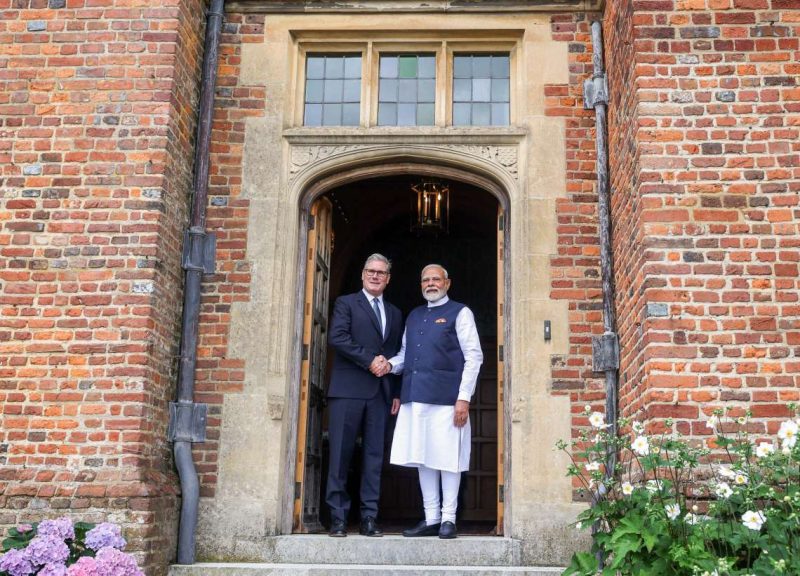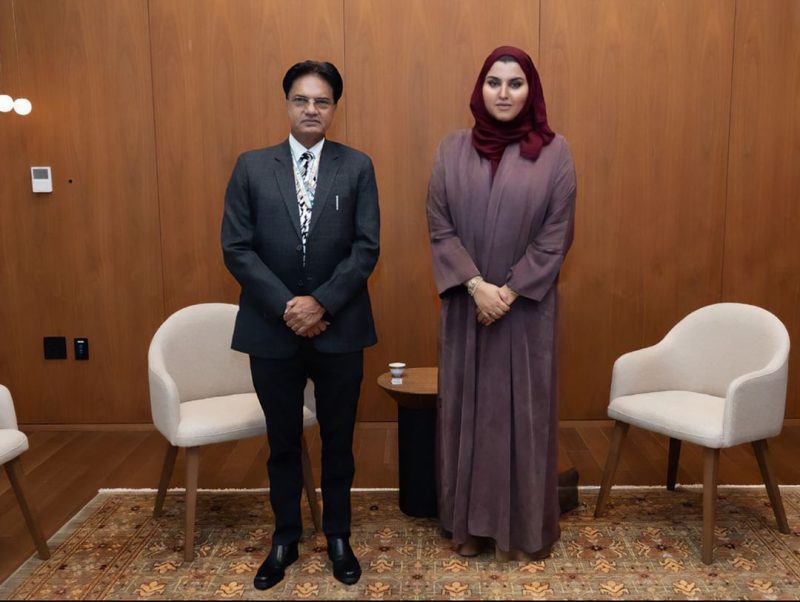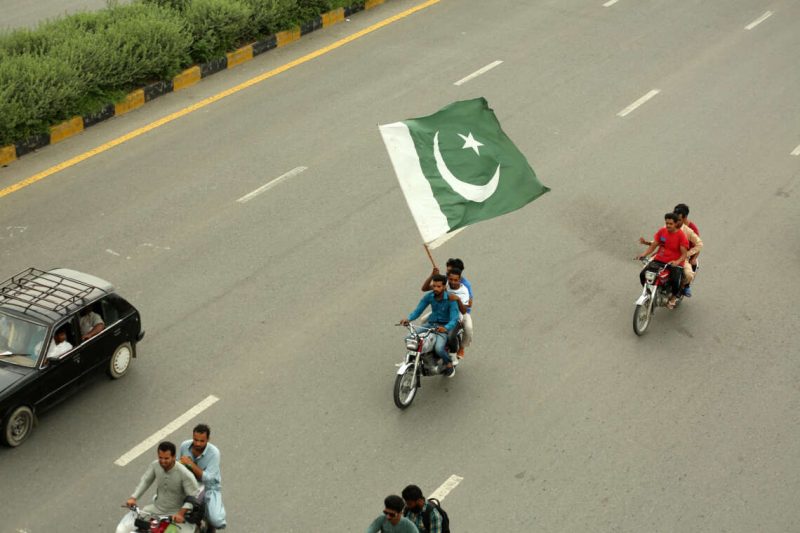India seals landmark EFTA trade deal, unlocking $100bn investment and one million jobs…reports Asian Lite News
India’s long-awaited Trade and Economic Partnership Agreement (TEPA) with the European Free Trade Association (EFTA) officially came into force this week, with Union Commerce and Industry Minister Piyush Goyal declaring that New Delhi was now engaging with the developed world “from a position of strength and confidence.” The agreement, signed with the four EFTA states of Switzerland, Norway, Iceland and Liechtenstein, is being described as a landmark in India’s global trade diplomacy and a platform for deeper integration with advanced economies.
Speaking at the Bharat Mandapam in New Delhi on Wednesday, Goyal said the coming into effect of TEPA on 1 October marked a historic moment in India’s economic journey, giving Indian exporters, industries and service providers unprecedented access to European markets. “It’s a great day today. It’s an absolute honour to have launched the Trade and Economic Partnership Agreement with the European bloc of Switzerland, Liechtenstein, Norway and Iceland. India is rapidly engaging with the developed world from a position of strength and confidence,” he said.
The minister stressed that India’s trade deals were not only about boosting exports but also about generating employment on a massive scale. He underlined that TEPA would support the creation of one million direct jobs in India over the next 15 years, alongside facilitating a targeted investment flow of at least USD 100 billion from the EFTA states. “These free trade agreements give access to our young men and women, to our entrepreneurs and service providers, opening doors to millions of jobs. It is a day of celebration, coinciding with Navami and on the eve of Dussehra,” he told reporters.
The EFTA bloc, though comprising just four nations, represents some of the world’s most advanced economies with a reputation for high standards in both trade and intellectual property. Collectively, the grouping and India represent a combined GDP of around USD 5.4 trillion, giving the pact significant economic weight. India, the world’s fastest-growing large economy and on track to become the third-largest globally within this decade, is seen as a vital partner for Europe’s smaller but prosperous economies.
Goyal placed the agreement in the broader context of India’s trade diplomacy, pointing to the free trade agreements already concluded with Australia and the United Arab Emirates, as well as ongoing negotiations with the 27-nation European Union. “With the rapid progress being made with the EU, we would effectively have covered all of Europe through our free trade architecture. This is strategic integration which positions India strongly in the global economy,” he said.
Particularly notable in TEPA is the inclusion of a comprehensive intellectual property (IP) chapter, a sensitive area where India and European states have historically diverged. Goyal admitted that Switzerland and the United Kingdom were once regarded as the most difficult counterparts to negotiate with on IP, given their strict laws and concerns over enforcement. “There was a lack of trust for decades between these European countries and India. I am happy to share that we have built that trust with a very robust IP chapter in TEPA, with the UK agreement, and we will have one with the EU as well. This demonstrates that under Prime Minister Narendra Modi, India is no longer living in the past but is preparing for the future,” he remarked.
The minister emphasised that India’s strengthened IP regime and commitment to enforcement would not only reassure trading partners but also attract large-scale investment. “We are confident that with robust IP laws and plans to make them even stronger, we will not only attract the committed USD 100 billion but much more. India negotiates today with full confidence in the ability of our young talent,” he said.
For India, TEPA promises to open lucrative opportunities in sectors such as pharmaceuticals, IT services, engineering goods, textiles and agricultural exports. For the EFTA states, whose economies are highly service-driven and capital-intensive, the agreement provides greater access to one of the world’s largest and youngest consumer markets. Analysts suggest that the pact balances India’s need for investment and jobs with Europe’s need for diversified trade partnerships at a time of global uncertainty.
Beyond trade, officials highlighted the symbolic value of the agreement. India’s ability to secure favourable terms with some of the world’s most demanding economies reflects a growing confidence in its economic resilience and governance. For decades, New Delhi was often seen as a defensive negotiator wary of opening up markets. TEPA, with its robust investment commitments and forward-looking provisions, signals a departure from that past.
Goyal concluded his remarks by asserting that India’s economic rise was aligned with global partnerships built on trust, transparency and mutual benefit. “India today goes to the world from a position of strength. We have faith in our young people, in our capacity for innovation, and in our ability to become a trusted global partner,” he said.
As TEPA takes effect, attention will now turn to how quickly investment and job creation targets can be realised, and whether it sets a template for India’s negotiations with larger blocs such as the European Union. For now, however, the government is keen to project it as a festive milestone that places India firmly on the global trade map.


